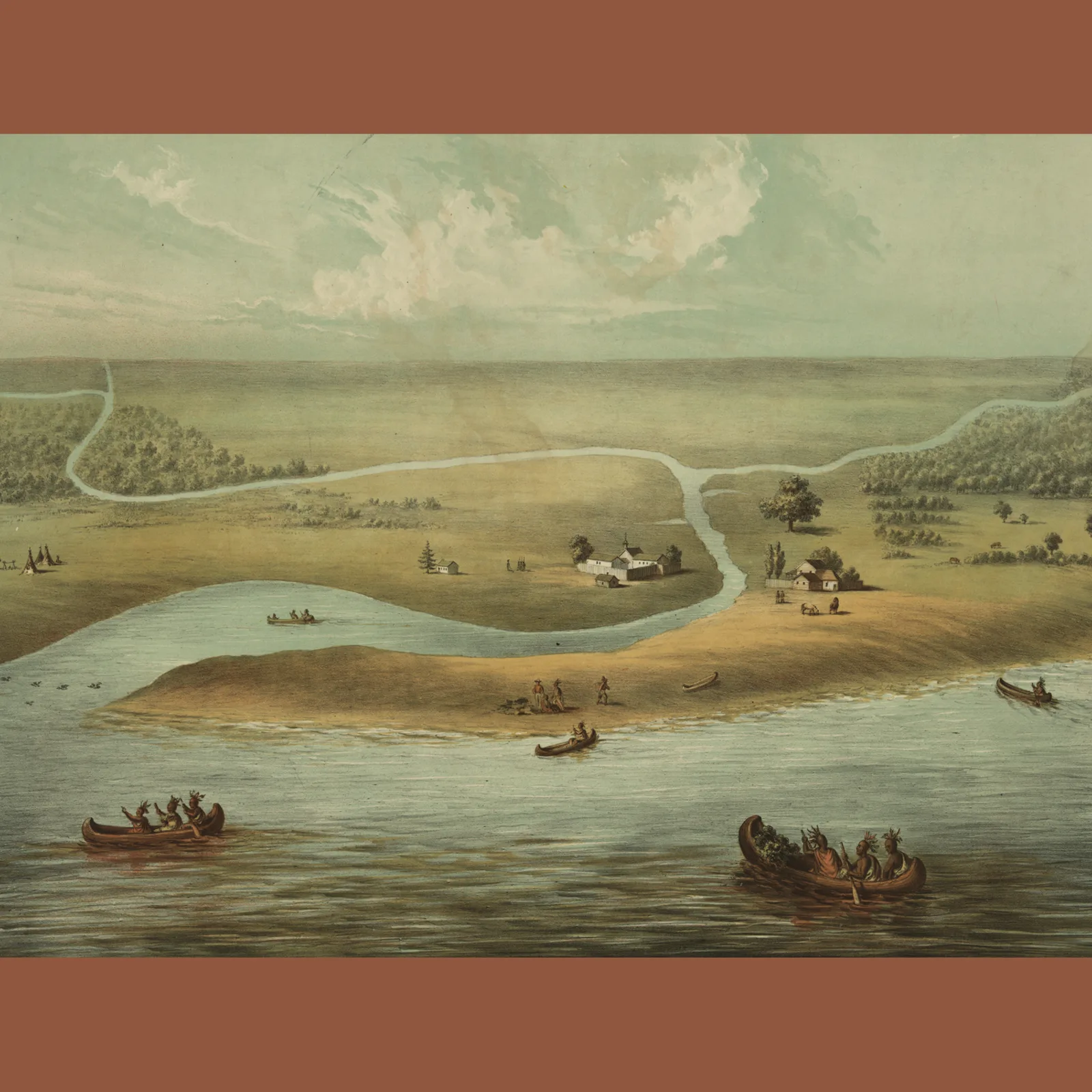View a video of this event.
The geography around Chicago portages, a nexus of ancient overland canoe routes that connected the Great Lakes and Mississippi watersheds, proved crucial in the contest over North American colonization and resistance. An array of Indigenous peoples and European regimes sought to harness Chicago’s strategic geography for their own purposes of travel, trade, and empire-building in the continental interior.
John William Nelson will outline how local environments shaped collaboration and conflict along Chicago’s continental divide from the era of early contact into the 1830s, and the way relations between Indigenous peoples, European empires, and settler states remained a contest over competing understandings of its landscapes and waterways. In this light, the eventual incorporation of Chicago as a space of US control can only be understood as a two-pronged conquest of both the local environment and the Native peoples who lived there.
John Nelson’s recent book, Muddy Ground: Native Peoples, Chicago's Portage, and the Transformation of a Continent will be available to purchase at the Newberry bookshop, and the author will sign copies after the talk.
The Colonial History Lecture Series is cosponsored by the Society of Colonial Wars in the State of Illinois, in partnership with the History Department at the University of Illinois at Urbana-Champaign.
Speaker
John William Nelson, Assistant Professor of History at Texas Tech University, explores the ways ecology and geography shaped the terms of cross-cultural interaction between Native peoples and European colonizers from first contact through the early republican era of the United States. He is the author of Muddy Ground: Native Peoples, Chicago's Portage, and the Transformation of a Continent, which explores how a particular local landscape along Chicago's continental divide influenced colonial encounters from the seventeenth through the nineteenth centuries.
Cost and Registration
This program is free and open to all. Advance registration required.
Registration opens March 1.
In-Person RegistrationSupport the Newberry
Your generosity is vital in keeping the library’s programs, exhibitions, and reading rooms free and accessible to everyone.
Make a GiftPast Public Programs
Check out video recordings of past Newberry public programs on our YouTube channel.
Watch